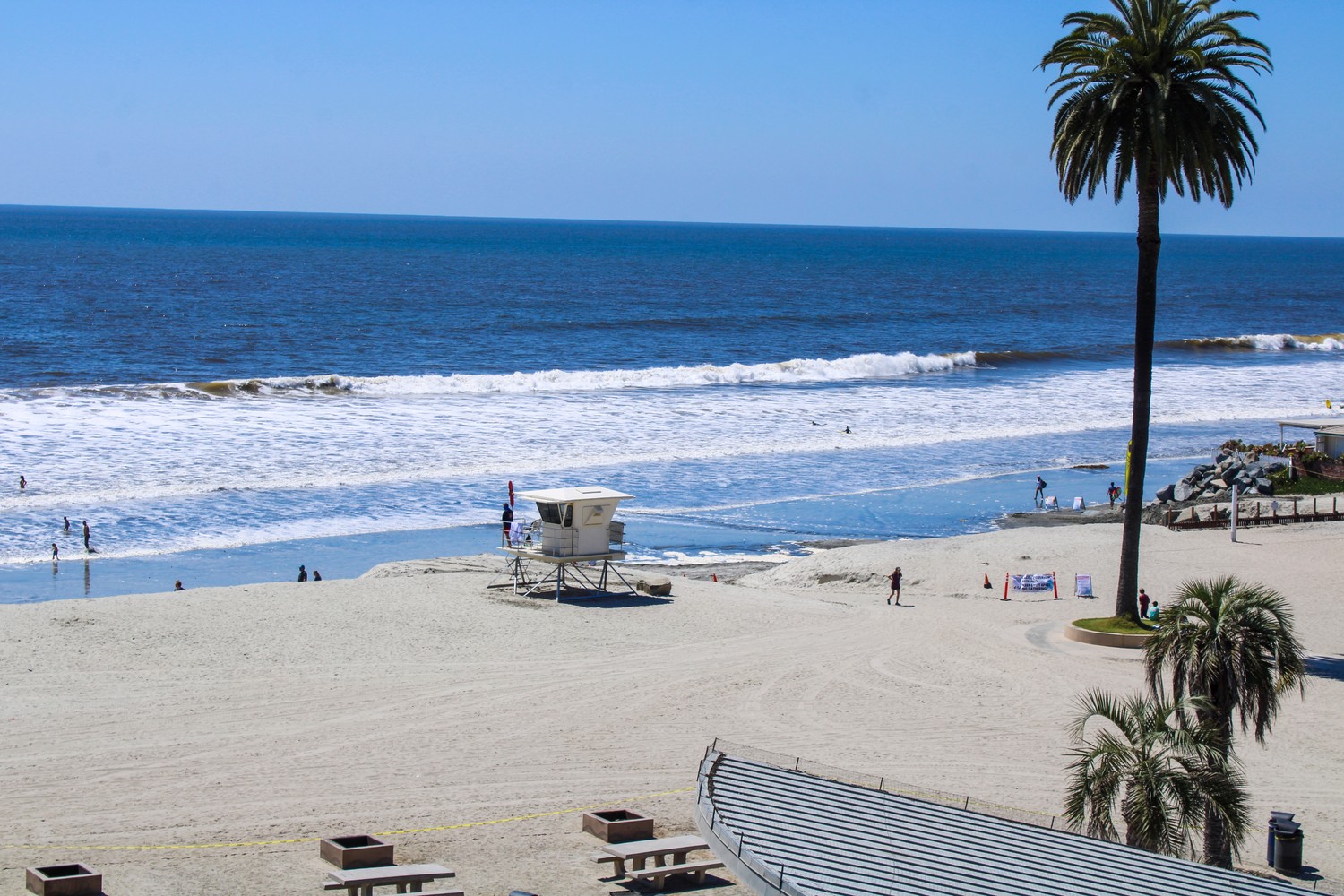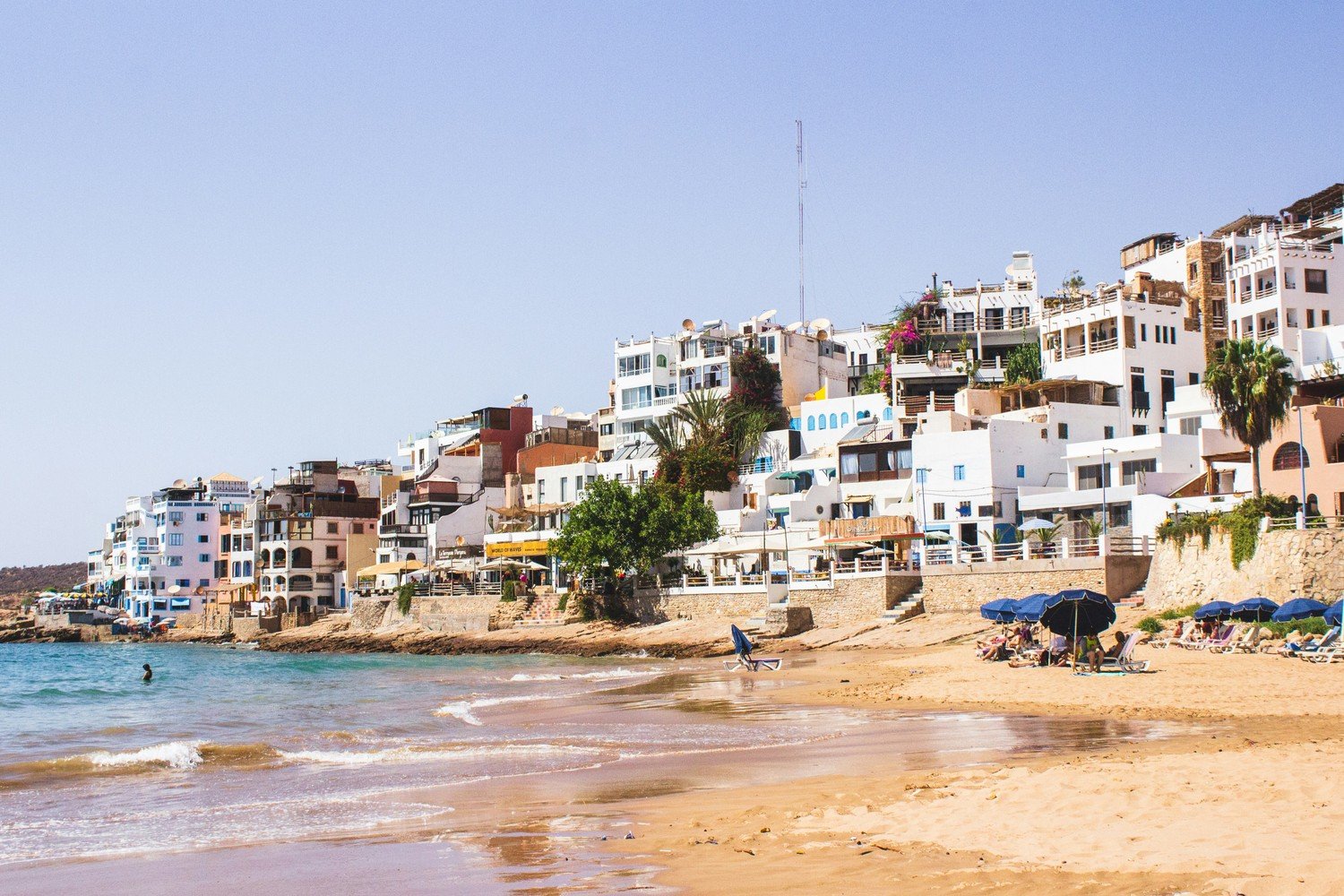
Destination or Hotel
Departure Airports
Travel Dates
Flexible +/-3 days
Nights
Flexible +/-3 days
Guests
Price Match Promise
Flexible +/-3 days
Price Match Promise

Will It be Possible to Travel to Greece This Year?
By
Ricky Durrance
10 Dec 2020
LAST UPDATED : 10 DECEMBER
The self-isolation period for people returning from countries not on the travel corridor has been cut from 14 days to 10 days. This can be cut further as part of the test to release scheme. Under the scheme you can choose to pay for a private COVID-19 test. The earliest you can take the test is 5 full days after you left a destination not on the travel corridor list. If the result is negative, you can stop self-isolating.
With various low cost airlines announcing they’ll start to resume some flights in June and July, Greece had officially reopened its borders. The countries that were allowed in first were announced at the end of May, and were selected based on “epidemiological criteria”.
Unfortunately, as of 13th November, Greece has been removed from travel corridor list of exempt countries, apart from Corfu, Crete, Rhodes, Zakynthos and Kos. However, the good news is that on 10th December it was announced that quarantine is to be cut from 14 days to 10 days and this could be reduced down to 5 days if you pay for a test as part of the governments test to release scheme.
The question on everyone’s lips is: will I be able to travel to Greece this year? It now looks like the answer is yes, but only if you travel to either Corfu, Crete, Rhodes, Zante or Kos. If you travel to Greece, you will need to complete a Passenger Locator Form (PLF) at least 24 hours before travel.
The Latest Updates on Greece and the Coronavirus
Even if you’ve been following the news from around the world relatively closely, it’s possible that you haven’t heard much about the coronavirus in Greece. This can be attributed to the low numbers of cases in the country - which is good news for keen travellers itching to go Greek as soon as possible.
Here, we’ll try to give you a picture of Greece’s response up to now, as well as Greece’s travel restrictions and what things might look like in the near future.

GREEK AUTHORITIES' RESPONSE
After recording its first confirmed case on 26 February, Greece moved very quickly. By 27 February, public carnival festivities were cancelled. Universities and schools closed on 10 March, restaurants and cafes shut their doors on 13 March and, by the end of that month, travel restrictions were imposed.
Having locked down so early, local authorities also announced partial easing of restrictions quite early on - many shops have reopened, with more set to follow if numbers stay under control.
As the gradual reopening went according to plan, the Greek prime minister, Kyriakos Mitsotakis, announced that 15 June was the official start of the delayed tourist season. Initially, Greece only allowed visitors from specific countries based on ‘epidemiological criteria’ - this list of countries was published at the end of May. Brits have been allowed to visit since 15 July.
On 29 June, the Hellenic Civil Aviation Directive announced that not all incoming tourists to Greece will have to be subjected to coronavirus testing. If you’re travelling to Greece this year, you must now fill out a Passenger Locator Form (PLF) at least 48 hours before check-in. Once completed, you will receive a barcode which will be scanned from your phone or printed paper upon arrival in Greece. Depending on your details, you will be allowed to leave without a coronavirus test, or be directed to the screening area.
What Happens If I Need to Be Tested?
If, based on your Passenger Locator Form, it is determined that you need to be tested for coronavirus, you’ll be staying in a government-approved hotel for 24 hours while you wait for your results. If your test results are negative, you can hop on over to your booked accommodation, where you’ll have to self-isolate for a further seven days. If you test positive, your next steps are slightly different: you will quarantine for 14 more days while under supervision from authorities. Hey, whatever it takes to go Greek and get our Greician holiday on, right?
HOW HOTELS HAVE RESPONDED
The effects of Greece’s coronavirus experience have been felt perhaps most severely in the hospitality sector: 65% of hoteliers had warned that bankruptcy is in the cards if they can’t open to customers over year. Hotels in Greece have got creative in trying to engage their audience during the lockdown; the Mitsis Laguna Resort & Spa in Anissaras has even started uploading regular cooking videos!
HOTEL HEALTH PROTOCOLS
The Greek Tourism Ministry has released new health protocols that all hotels and tourist accommodation are required to follow. For example, hotels with more than 50 rooms are now required to:
- Have a doctor on call who will test for and monitor suspected COVID-19 cases
- Appoint a health coordinator to ensure all protocol is followed correctly
- Develop an action plan to keep each section of the establishment (accommodation services, housekeeping, food services, etc.) clean and safe
- Train hotel staff to follow and execute the action plan
Hotels must keep a log book detailing information about all staff members and guests in the event coronavirus cases are identified in the future. Staff members will be educated on how the virus is transmitted (just in case they have been living under a rock for the past three months and aren’t aware), so they know what to look out for. Staff will be held to a high level of cleanliness, follow appropriate hygiene protocols, and will be provided with protective equipment such as gloves and face masks for safety.
Staff will also be trained to inform guests of the hotel’s rules and the measures their hotel is taking to address and reduce risks, as well as where local hospitals are located. Masks and gloves will be provided to guests upon request.
Hotels will also be providing increased sanitation services, including plexiglass windows at reception and frequent cleaning and sanitising of both common areas and guest rooms. You better forget everything your reception teacher told you about sharing - it’s no longer a good thing. All shared items, such as menus and magazines, will be removed.
Social distancing rules will apply in all common areas (such as reception, restaurants, swimming pools, etc.), and these areas will function at reduced capacity. Just think of all that glorious space you’ll have!
All this is reassuring: announcing measures like this suggests hotels will find it easier to operate safely once they’re open to customers again.
Is It Safe to Travel to Greece Right Now?
Countries like Greece instituted lockdown measures early enough to prevent the kind of outbreak seen here in the UK and in Italy and Spain - and Greece is very keen to reopen as quickly as possible.
As you might have noticed from the numbers above, Greece is actually in a far better position than many European countries - it’s only got a little over 1% of the total case numbers the UK has, for instance. Largely, this is due to coronavirus tests that inbound travellers have been subjected to since the 20th of March - passengers had to fill out a form and undergo a mouth swab before being sent to a hotel to wait for their results for 24 hours. Those who tested negative had to proceed to quarantine for 14 days, while those who tested positive were sent to a hotel to receive medical assistance.
Right now, big tourist sites, including the Acropolis in Athens, are taking measures to ensure visitors’ safety by slashing the allowed number of visitors by 90% and using 2-metre markings to enforce social distancing. Throughout the country, social distancing will be enforced and on the beaches, plexiglass partitions may be used to separate sun beds.

What Would a Trip to Greece Look Like Right Now?
In a word, ‘different’ - just like life at home! Depending on your answers to the Passenger Locator Form questionnaire, you may need to wait for your coronavirus test results upon entering the country, and you might need to isolate a while in a hotel.Once you are in, you’ll need to wear a mask in public and observe social distancing - two things that we’ve grown used to by now! Big tourist destinations such as Crete and the Ionian Islands will be more quiet than usual, but that might not actually be a bad thing. Overall, a trip to Greece could actually be quite pleasant.
In your accommodation, swimming pools will be shut, and the country’s beautiful beaches may now have plexiglass partitions. However, as in many parts of the world, you’ll find wild animals enjoying the quieter surroundings, and sea turtles can now be seen in areas that would previously have been packed with people.
We hope you found this blog post informative - and hopefully it has made you more confident about the possibility of visiting Greece in the not-too-far future. For more information on where you can travel to after the coronavirus lockdown, check out our Reopening hub!
40,000+ verified
customer reviews
Loading reviews...
We want all our customers to stay safe when abroad. For the latest travel advice from the Foreign, Commonwealth & Development Office click here. Further advice can be found on the Travel Aware page here. Please note the advice can change so check regularly for updates and before you travel.
teletextholidays.co.uk acts as an agent in respect of all bookings made by telephone. For all bookings, your contract will be with the applicable Service Provider of your chosen Travel Service (who may be the principal or the agent of the principal) and Teletext acts only as an agent on their behalf. Your holiday will be financially protected by the ATOL scheme and you will receive an ATOL certificate once your booking has been confirmed. Please see our booking conditions for information, or for more information about financial protection and the ATOL Certificate go to:www.caa.co.uk/atol-protection
*We are able to offer a price match if suppliers are the same.
Teletext Travel Ltd, company number 14855829. Address: 71-75 Shelton Street, Covent Garden, London, United Kingdom, WC2H 9JQ.
Copyright 2025 teletextholidays.co.uk | All rights reserved.





